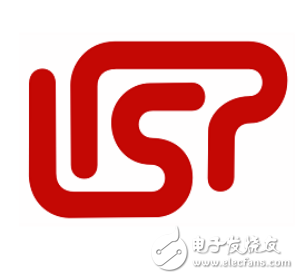LISP is a general-purpose, high-level programming language that has long been associated with the field of artificial intelligence. Designed in 1958 by John McCarthy, LISP was one of the first languages to embrace functional programming concepts and has since become a cornerstone in AI research. Unlike procedural languages such as C or Fortran, or object-oriented languages like Java and C#, LISP emphasizes expressions and functions rather than step-by-step instructions.
LISP, short for "LISt Processor," was originally developed as a language for symbolic computation. Its name reflects its core feature: the ability to manipulate lists as a primary data structure. Despite being over six decades old, LISP remains relevant today, with modern dialects like Common Lisp, Scheme, and Clojure still widely used in software development, AI, and even in large-scale financial systems. This longevity is rare among programming languages, many of which have fallen out of use over time.
One of the most striking features of LISP is its use of parentheses, which may seem unusual to those familiar with more traditional syntax. While this design might appear unappealing at first, it was a practical choice in the early days of computing when simplicity and clarity were key. The language’s minimalistic syntax allows for powerful abstractions, making it highly flexible and expressive.
LISP’s basic syntax is surprisingly simple. It doesn’t have reserved keywords in the traditional sense, and everything is built from expressions. These expressions are not just code—they are also data. This dual nature allows for self-modifying programs and advanced metaprogramming techniques, which are rarely seen in other languages. As a result, LISP can express complex ideas in a way that feels almost poetic, yet deeply logical.

LISP has played a pivotal role in the evolution of functional programming and has influenced many modern languages. For over three decades, it dominated AI research, and although it lost some ground to newer technologies, it has never truly faded. Today, it continues to thrive in niche but critical areas, including AI, natural language processing, and even in the development of domain-specific languages (DSLs). Its adaptability and extensibility make it a valuable tool for developers who want to push the boundaries of what programming can do.
**Lisp Language Thinking**When LISP was first introduced, it contained nine groundbreaking ideas that were far ahead of their time. Some of these concepts, such as conditional structures and recursion, are now standard in most programming languages. Others, like garbage collection and dynamic typing, have only recently gained widespread acceptance. However, two of LISP’s original ideas—its tree-based representation of code and the ability to treat code as data—remain unique to the language and are central to its power.
The idea that code can be manipulated like any other data structure is one of LISP’s most powerful features. This enables macros, which allow programmers to extend the language itself. In other languages, macros are limited in scope, but in LISP, they can rewrite entire sections of code before compilation, effectively allowing users to create new programming paradigms on the fly.
Another unique aspect of LISP is its seamless integration of reading, compiling, and executing code. This means that programs can be modified and re-evaluated dynamically, making LISP an ideal environment for experimentation and rapid prototyping. This flexibility is why LISP is still used in cutting-edge research and in environments where adaptability is crucial.

In conclusion, LISP is more than just a programming language—it's a philosophy of computation. Its influence can be seen in many modern programming practices, and its unique features continue to inspire developers around the world. Whether you're looking to explore the foundations of programming or simply curious about what makes LISP so special, there's no better time to dive in than now.
Oem Power Adapter,Uk Plug Power Adaptor,15V Power Adapter,Ac Power Adapter Wall Charger
Guang Er Zhong(Zhaoqing)Electronics Co., Ltd , https://www.geztransformer.com